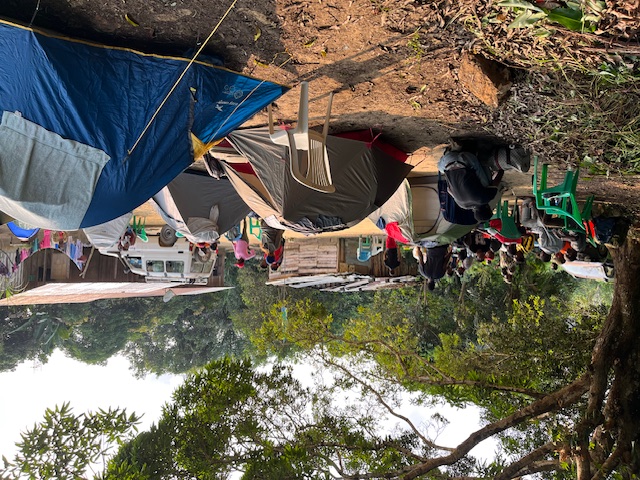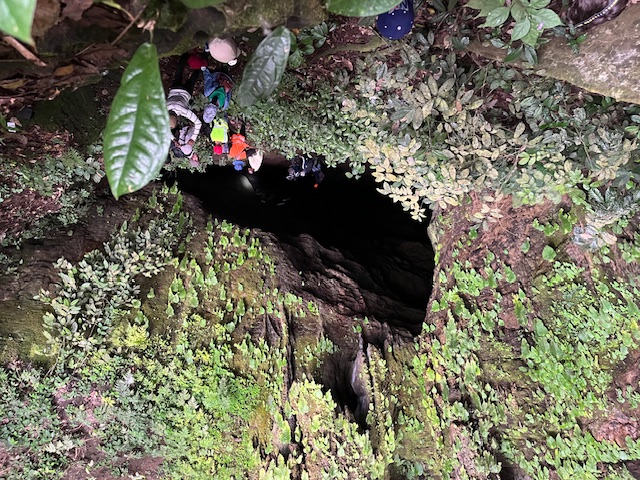


-
Why should I study abroad?
A study abroad program gives you the opportunity to combine earning college credit with seeing the world. If you have never been abroad, the program typically provides the guidance and security necessary for such a first international experience. While in college you have access to financial aid and many awards and scholarships, which can help you afford a study abroad program. Such a program also gives you the chance to travel without falling behind in your studies, an opportunity you won't have once you enter the workforce. An added bonus – which becomes increasingly important – is the opportunity to list such an international venture in your resumé, which will make you stand out among other job applicants once you complete your studies and apply for your first job.
-
Why should I study abroad with UNO
• Almost 17,000 students have studied abroad with UNO since 1973
• You can earn UNO college credits in exciting destinations
• Some foreign language skills or knowledge are required but these will be provided through the program
• In 2023, UNO awarded over $50,000 in institutional awards and scholarships to "Privateers" studying abroad
-
What will my days be like in Gabon?
You will either be working in small regional towns or in the field. A typical day in town will involve either lectures, presentations or in-country excursions. In the field, we will start work after daybreak and can expect to spend up to eight hours in the field. Whilst overseas, participants are encouraged to dress modestly (shorts at or below the knee, no tank tops or low-cut shirts). Students should not take photographs of public buildings or public spaces and not photograph people without their explicit consent. All students will be expected to adhere to an established ECOTROP Code of Conduct.
-
Where will I live?
You will stay either in hotels in Libreville, Lastoursville or Franceville when in town. In the field, we will be camping for up to two weeks. There is no running water or electricity and while in the field there will be no Wi-Fi except at the train station which is about 10 km from our camping site. Cell phone access is within walking distance of the field site.
-
Are meals included?
Yes, all meals are included but students are encouraged to bring their own special snacks and/or food items or supplements for specific dietary needs. Please note that meat is generally included in most meals.
-
What happens if I get sick?
We will have a first aid kit available on site. Participants are encouraged to bring personal medical supplies like over the counter treatments for diarrhea, antihistamines for insect bites, pain relievers and band aids or mole skin. In town, we will take you to the nearest infirmary. In the field, you will be transported immediately to the nearest infirmary or hospital which is about an hour’s drive away from the field site.
-
Is insurance provided for students on this program?
A group travel insurance will be provided by UNO, but students are also welcome to take out their own insurance in addition.
-
Do I need a passport?
Yes! Your passport should be valid for six months after your return date. If you need to apply for a passport, or renew your current passport, please start this process as soon as possible as it can often take months for passports to be issued.
-
Will I have to buy books or other supplies?
No, all reading materials will be provided prior to departure. We will also be bringing a library of field guides with us for participants to use.
-
Do I need to be able to speak French?
Some basic French is advised. Ideally you should have one semester of college-level French completed before applying and you will also be required to participate in six weeks of online French learning before traveling to Gabon.
-
Is it safe?
There are challenges to working in tropical field environments. One of the greatest is the risk of malaria so all participants MUST take prophylaxis. There is also a risk of encountering large wildlife (e.g. elephants, forest buffalo) and all field teams will be accompanied at all times by experienced field guides and ecoguards. Snakes also pose a potential hazard so participants are encouraged not to put their hands and feet in places where they cannot see the surface or substrate. In the field, participants need to wear hiking boots or rain boots, sensible field pants, long field socks (to avoid ants) and long-sleeved shirts (to avoid scratches). A hat, sunscreen, topical antifungal and antibiotic creams, vaseline and bug spray is also highly recommended. All participants will be required to adhere to an established Safety Protocol.

